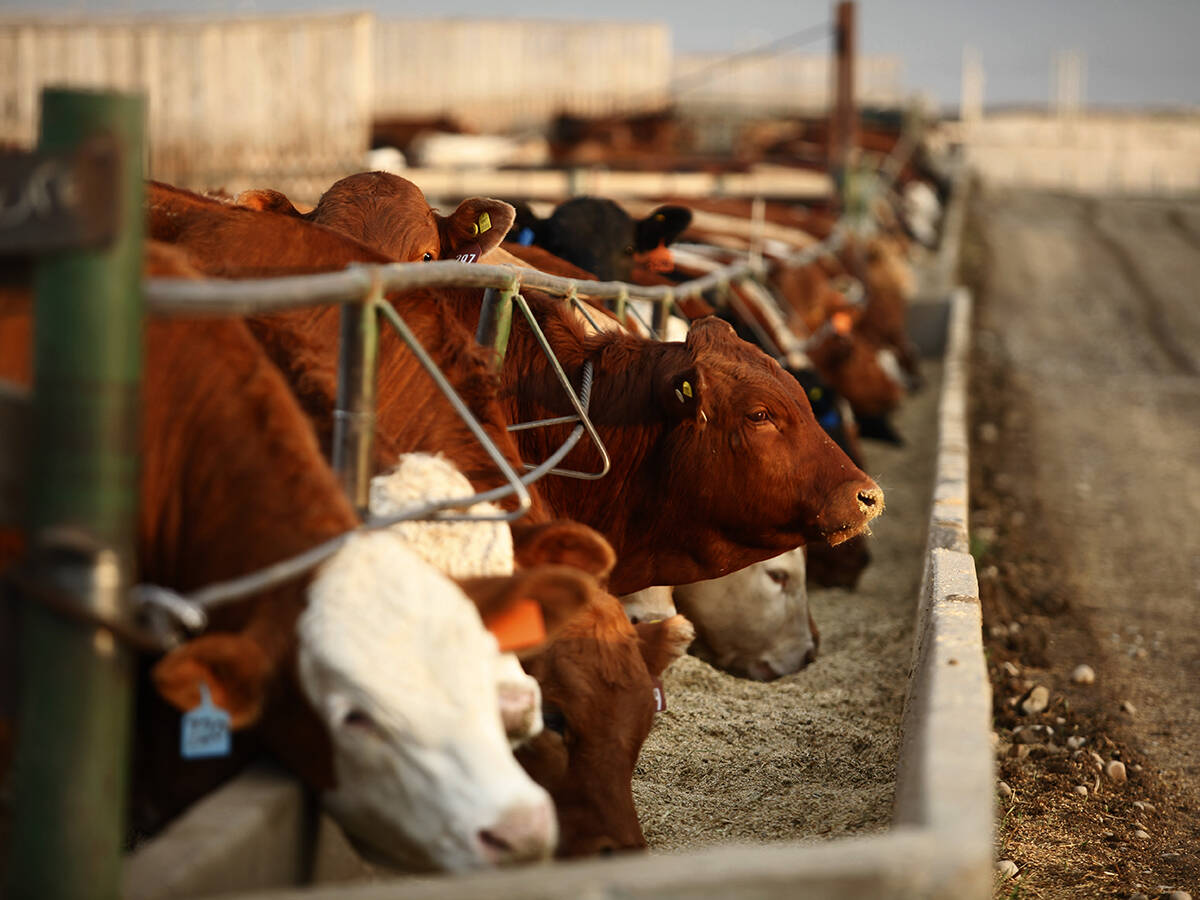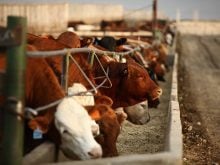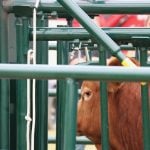The United States’ suspension of cattle imports from Mexico as well as temporary tariff relief between the U.S. and China lifted cattle futures to record highs on Monday.
The U.S. Department of Agriculture announced on Sunday it was suspending cattle imports from its southern neighbour over fears of re-introducing New World screwworm, a flesh-eating parasite that can kill cattle in weeks. A day later, the U.S. and China announced they will slash most tariffs on each other’s goods for 90 days. The U.S. tariff rate on Chinese goods will be 30 per cent, while the China tariff rate on U.S. goods will be 10 per cent.
Read Also

U.S. livestock: Cattle futures drop Friday
Cattle futures on the Chicago Mercantile Exchange fell from nearby highs Friday, with profit-taking to end the week weighing on…
The June live cattle contract on the Chicago Mercantile Exchange rose US$2.150 per hundredweight to close at US$216.825, but not before reaching a contract high of US$217.750 earlier in the day.
The August feeder cattle contract also jumped to close at US$306.375/cwt. after gaining US$6.075. The new contract high was US$306.900.
The USDA reported lower wholesale boxed beef prices on Monday afternoon, with choice boxes down $1.92 at $345.97 per cwt and select boxes losing $2.03 at $331.17.
June lean hogs were up 0.725 of a cent/lb. at 98.300, hitting a week-long high of 99.875 cents/lb.














